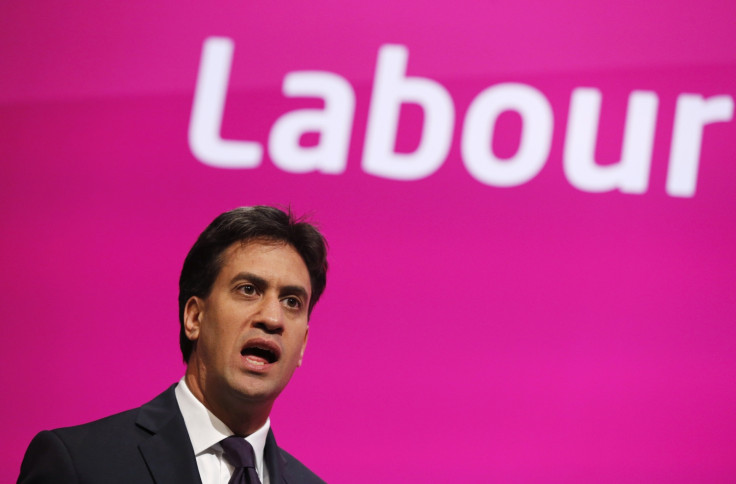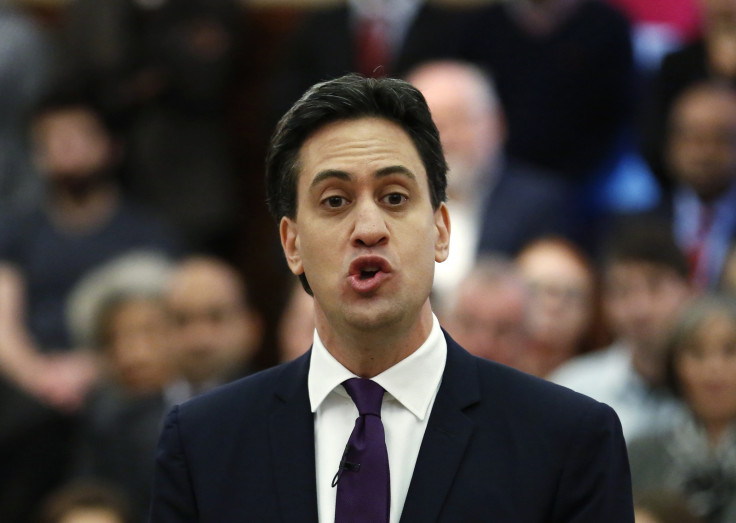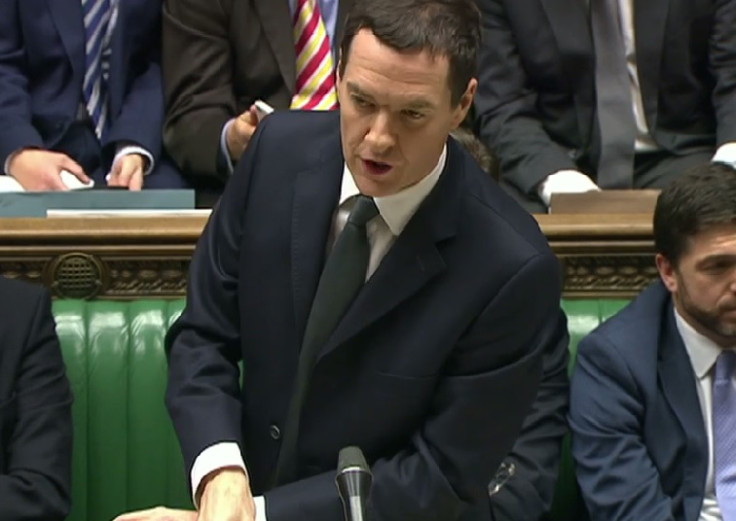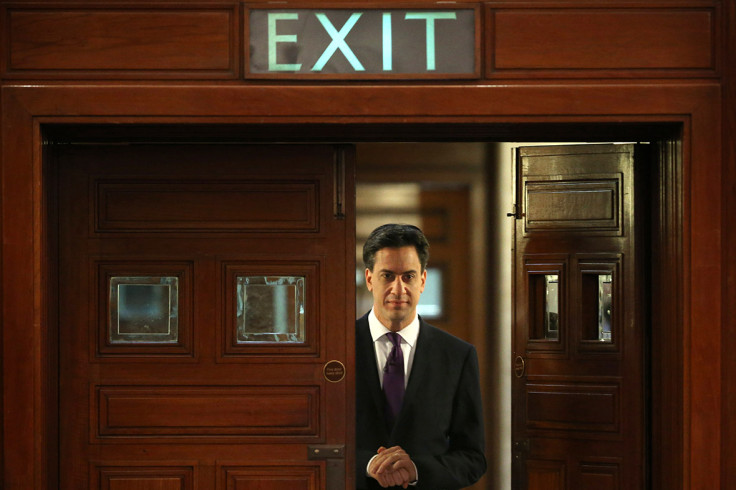Ed Miliband speech: Do UK voters care about cutting the deficit?

Most economists and politicians agree that cutting the gaping deficit in public finances is an important priority – possibly the most important – in managing the UK economy.
So when Ed Miliband, the opposition Labour leader, failed to mention the deficit even once in his keynote speech at his party's last conference before the 2015 general election, his political opponents ripped him to shreds.
These attacks were especially ferocious given it was under a Labour administration of which Miliband was part that the deficit hit over 10% of GDP. The deficit has reduced as a portion of GDP from 10.2% in 2009/10 to 5.1% in the lead up to the general election.
So in his latest speech, Miliband is trying to heal wounds by putting the deficit – and erasing it – out in front to show he takes it seriously.
But how much does the public care? How many voters will make their decision at the 2015 general election based on who has the toughest and quickest plan to close the deficit?
"I wouldn't say that the deficit is necessarily top of people's concerns, but it comes under this broader 'economy' term," Laurence Janta-Lipinski, an associate director of political and social research at pollster YouGov, told IBTimes UK.
"For some people it will be the deficit, for others the standard of living, for others the wider British economy. [The deficit is] one of those terms that's not particularly well understood, not many people know what it is, but they do know it's bad".
What UK voters think

YouGov's polling of voters shows that 59% think austerity is necessary. More think cutting public spending is good for the economy (45%) than bad for it (35%). But 36% also say the cuts are too deep, with just 12% saying they are too shallow.
According to the UK Polling Report website, YouGov surveys also show that "only 20% think cutting the deficit mainly through spending cuts should be the priority, 19% think it should be cut mainly through tax increases, 36% think the government should not prioritise the deficit at all and should instead spend more or tax less to try and encourage growth".
Overall, a majority (53%) think the coalition government is carrying out its austerity plans unfairly.
Around three quarters of the government's plan to close the deficit is focused on reducing public spending instead of raising taxes.
This has seen Whitehall, local authority and central government budgets slashed. There has been a big focus on the welfare budget, with benefits frozen or taken away for many people.
Miliband is trying to reconcile what voters think. He wants to show that he, like them, acknowledges the need for austerity and to close the deficit. But, like them, he thinks it can be done more fairly than the current coalition government's plan.
'Principles of deficit reduction'

Miliband and Labour have not outlined exactly where and how they would enact austerity. We don't know the exact details on what budgets would be cut and by how much.
They have said they would introduce a "mansion tax" on homes worth over £2m as well as close some existing tax loopholes to raise more money, though accountancy experts have cast doubt on their ability to do the latter.
Miliband has promised to cut the deficit in every year of the parliament if Labour is elected to government in 2015.
"These are the principles of deficit reduction a Labour government will follow," Miliband said in his speech.
"Balancing the current budget and debt falling, not destroying productive investment. An economic strategy to bring the deficit down, not drive it up. Sensible reductions in spending, not slash and burn of our public services.
"The wealthiest bearing the biggest burden, not everyday people. And fully funded commitments, without additional borrowing, not unfunded tax cuts that put our NHS at risk."
Conservative measures

Conservative Chancellor George Osborne is keen to show that he's making the rich pay their fair share.
The Tories want to shake off the image – pushed by Labour attacks – that they are a party for the rich and that they are making the poorest suffer most, such as through vast welfare cuts, in the work to balance the Treasury's books.
He has brought in a number of measures to crack down on tax avoidance by multi-national corporations, for example, and raised stamp duty rates for those buying the most expensive homes.
In his 2014 Autumn Statement, Osborne made 12 references to the idea of fairness. Mostly, he was trying to bolster his claim that he is making big business, banks and wealthy individuals pay their fair share into the economy.
Economic credibility
"Miliband has to portray himself as somebody who gets it...because it's going to be very difficult to get any economic message through without at first acknowledging the fact that there is a need for decisions on the economy," Janta-Lipinski said.
"The problem that he's got is he trails [David] Cameron on the economy and the Labour party trails the Conservatives. So he has to do something to wrestle this economic credibility gap that they currently have with the Conservative party."

According to YouGov, 41% of voters trust the Tory prime minister and chancellor to tackle the deficit. Just 22% trust Miliband and his shadow chancellor, Ed Balls.
There are just a few short months until the 2015 general election. Miliband has his work cut out to convince voters not just that he shares their views on the economy, but that he and his Labour team can be trusted to handle it again.
"There's probably only so far that Labour messaging can turn this tide. It's difficult. It's a tough five months ahead for them to bring back economic credibility," Janta-Lipinski said.
"The one area the Labour party will feel some positivity is that they are trusted more on raising the standards of living. That's the one area on the economy where they have a lead.
"They will be hoping more people go into the ballot box and think 'will my cost of living rise' and then they can mark the card for Labour."
© Copyright IBTimes 2025. All rights reserved.






















